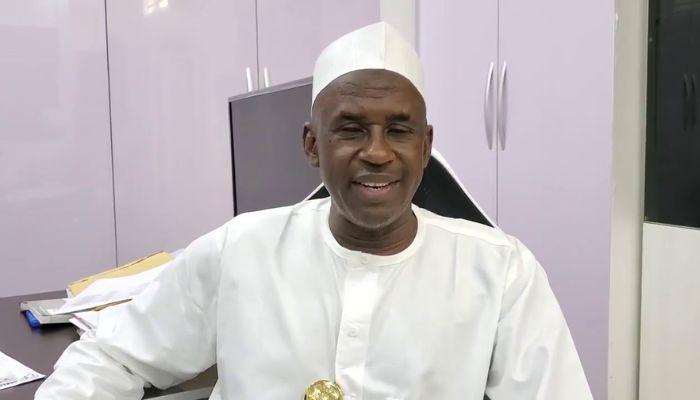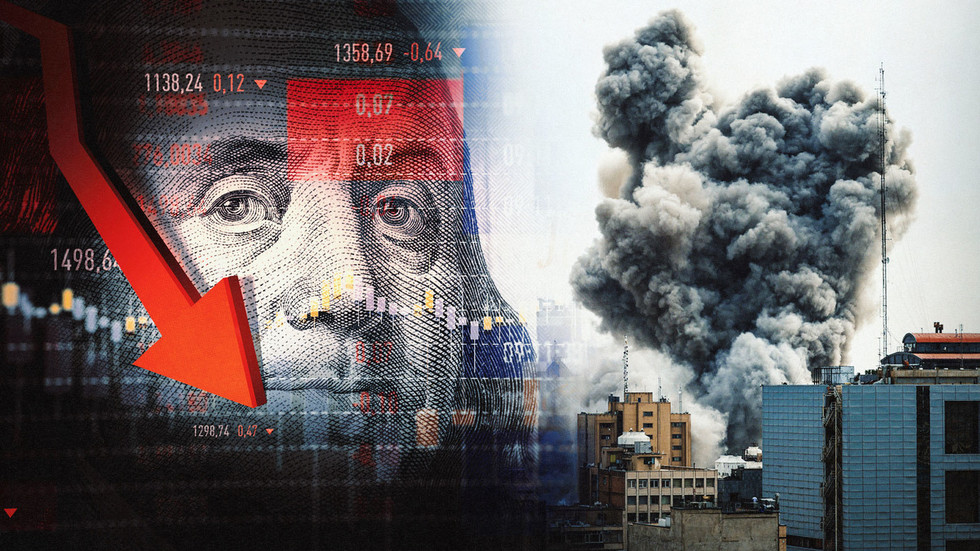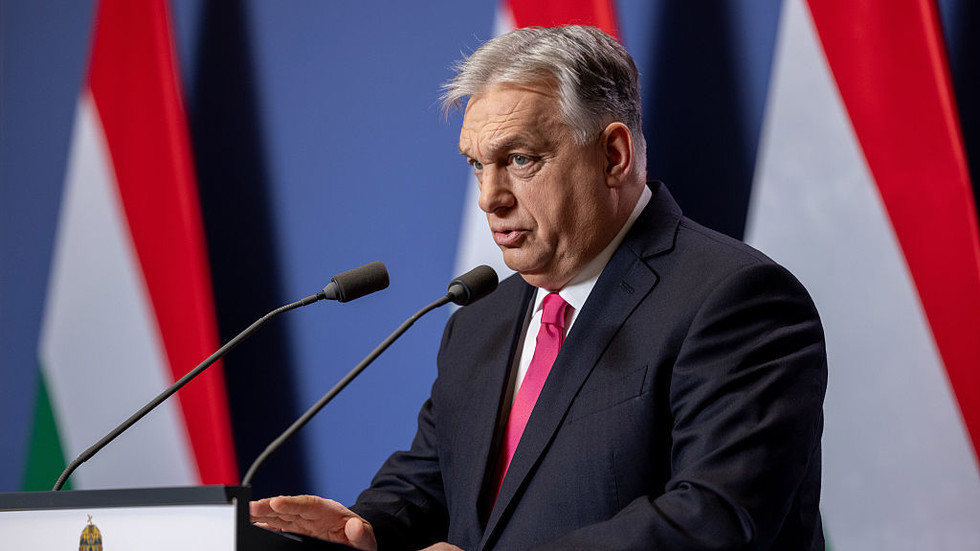Brazilian President Luiz Inácio Lula da Silva has called for coordinated action among BRICS nations to counter recently imposed U.S. tariffs, emphasizing the need for multilateral cooperation in the face of unilateral trade measures. Speaking to Reuters on Wednesday, Lula criticized the Trump administration’s decision to raise tariffs on Brazilian and Indian goods to 50%, labeling the moves as politically motivated.
The latest escalation came as former U.S. President Donald Trump announced plans to increase levies on Indian steel and aluminum imports by late August, mirroring earlier tariffs on Brazilian products initiated in early June. Brazil’s government condemned the U.S. tariffs as an “illegal” effort to influence its domestic policies. Lula argued that smaller nations, particularly in Latin America, lack the leverage to negotiate independently with the U.S. “What bargaining power does a small country have against the United States? None,” he stated, framing the tariffs as part of a broader strategy to undermine multilateral systems.
The Brazilian leader announced plans to engage counterparts in the BRICS bloc—comprising Brazil, Russia, India, China, and South Africa—to formulate a collective response. Initial discussions will involve Chinese President Xi Jinping and Indian Prime Minister Narendra Modi, followed by outreach to other leaders. “I’m going to try to discuss how each [country] is faring in this situation, what the implications are, so we can make a decision,” Lula said. He accused Trump of promoting “unilateralism,” where negotiations favor U.S. dominance over equitable global frameworks.
The dispute highlights escalating tensions between Washington and the BRICS coalition, whose combined economic output recently overtook that of the G7 nations. Trump has repeatedly accused BRICS members of seeking to diminish the U.S. dollar’s role as the global reserve currency—a claim the bloc denies. BRICS nations have instead pointed to U.S. foreign policy, including sanctions and trade restrictions, as factors destabilizing the dollar’s standing.
Further complicating relations, Trump has threatened additional tariffs on countries trading with Russia, particularly those purchasing energy exports, to pressure Moscow into a ceasefire in Ukraine. He singled out China—the largest buyer of Russian oil—as a potential target for steeper levies, a move Beijing has vowed to resist. Similarly, India’s government reaffirmed its commitment to defending national interests against U.S. trade measures.
The standoff underscores shifting dynamics in global trade, with emerging economies increasingly leveraging collective platforms like BRICS to counterbalance U.S. influence. As the bloc expands its membership and economic heft, its response to the tariff dispute may signal broader realignments in international economic governance.



